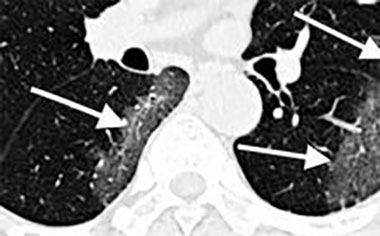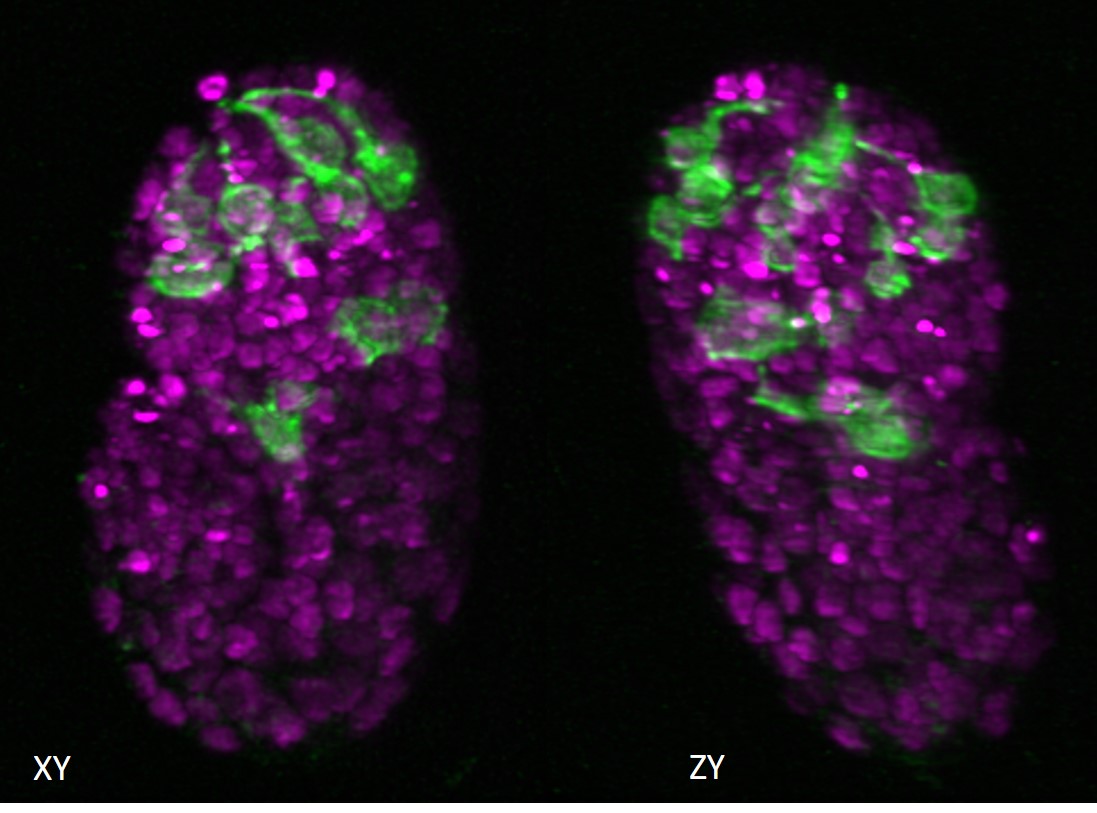The Medical Imaging and Data Resource Center (MIDRC), a collaboration of leading medical imaging organizations funded by the National Institute of Biomedical Imaging and Bioengineering (NIBIB), has launched an imaging data repository to facilitate medical imaging research on COVID-19. In response to the urgent need to access imaging data from COVID-19 patients, MIDRC released an initial set of images from COVID-19 positive chest CT scans. The final repository, which will include CT scans and X-rays, is planned to be the world’s largest open database of anonymized medical images of COVID-19, along with associated clinical data.
Imaging data is a free resource for research and education communities around the world to study, use in the development of artificial intelligence (AI) and deep learning tools, and serve as a reference to improve clinical recognition of COVID-19.
“The radiology community is working with remarkable speed and cooperation to facilitate this imaging resource and put it in the hands of researchers and tool developers,” said Krishna Kandarpa, M.D., Ph.D., director of Research Sciences and Strategic Directions at NIBIB. “Each set of medical images and clinical data added to the collection is a valuable asset in developing tools to interpret cases and inform critical clinical decisions for COVID-19 patients.”
The release of this initial set of images is led by the Radiological Society of North America (RSNA), which in mid-2020 established the RSNA COVID-19 International Radiology Open Database. (RICORD)whose goals include building this resource of freely available COVID-19 medical images. RICORD is currently processing additional contributions to the new data set.
RICORD, in turn, has partnered with the Society of Thoracic Radiology to obtain the initial 120 CT scans from four international sites. The initial set of images was released last December via The Cancer Image Archivea National Cancer Institute resource that traditionally anonymizes and hosts a large archive of cancer images, and is temporarily dedicating a portion of its archive to COVID-19-related data sets.



